Ugandan pop star turned politician, Bobi Wine, Nigerian gender rights activist, Oluwaseun Ayodeji Osowobi and Kenyan film director, Wanuri Kahiu have all made it to the 2019 TIME 100 NEXT list.
The list released Wednesday is a compilation of 100 young rising stars who are impacting the future of politics, business, science and more in the world.
The list is part of an ongoing expansion of the flagship TIME 100 franchise that spotlights 100 changemakers from across the world, in different fields.
Below are some of the Africans who made it to the list.
Bobi Wine
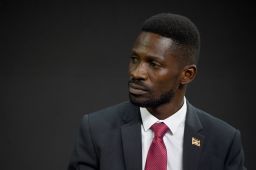
Bobi Wine, real name Robert Kyagulanyi, is a Ugandan popstar turned politician.
Wine, 37, has sung songs that are highly critical of the Ugandan president, Yoweri Museveni, who has ruled Uganda for the past 33 years.
In 2017, he joined politics and won a parliamentary seat as an independent in the same year. Wine calls himself the ‘Ghetto President’ and has led opposition lawmakers and activists to condemn government policies in his country.
He gained global prominence in 2018 following his arrest alongside several opposition politicians accused of stoning the president’s convoy.
He was charged with treason, and his military detention sparked protests from Ugandans and rights activists abroad until his release.
“Eighty percent of our population is under the age of 35. They deserve a leader who works for the future of Uganda, not for himself,” he told TIME.
Oluwaseun Ayodeji Osowobi
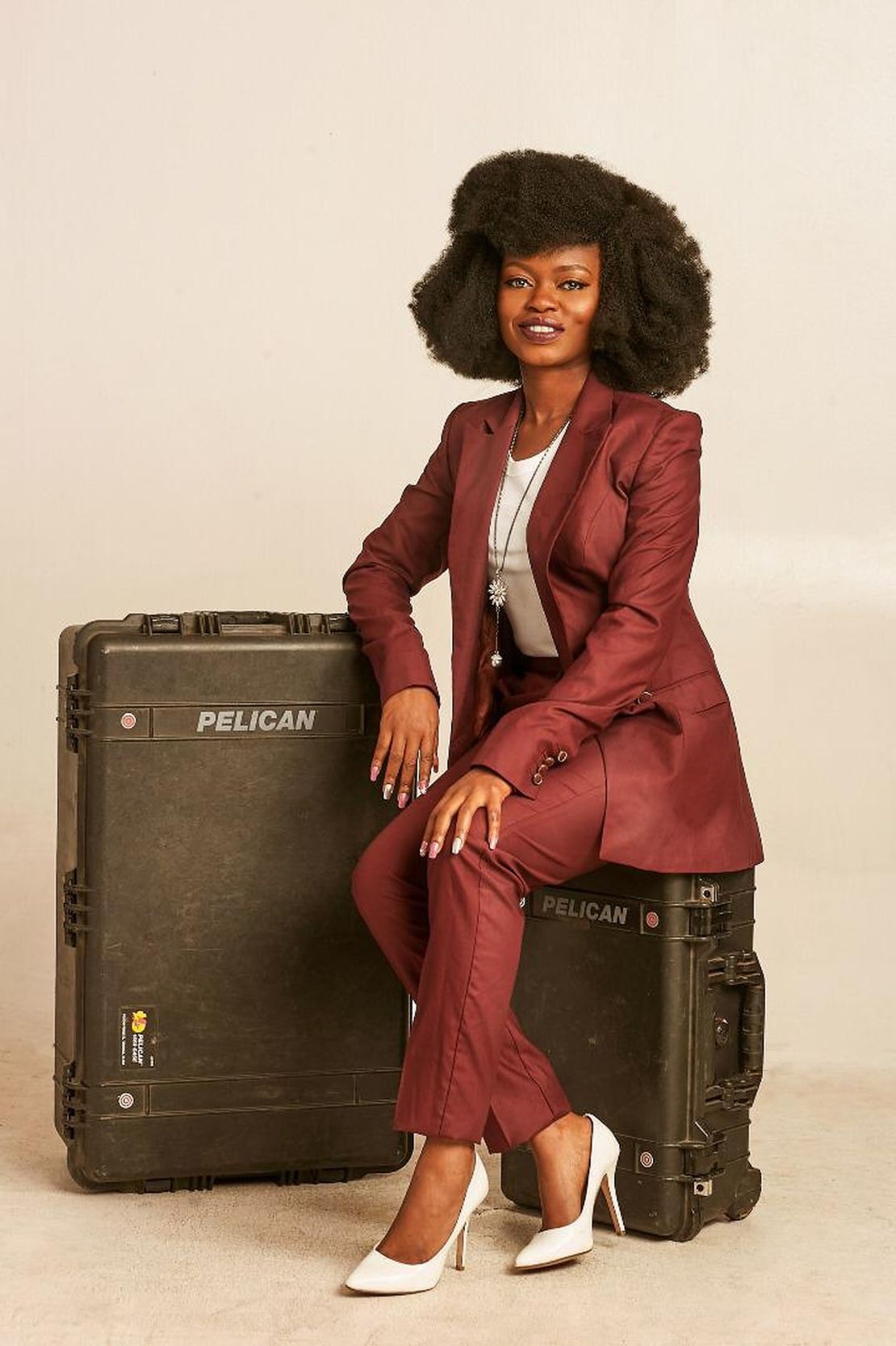
Oluwaseun Ayodeji Osowobi is a Nigerian born women’s rights activist.
Drawing from her personal experience, Osowobi, 29, started an organization dedicated to advocating against sexual violence by providing psychosocial services to survivors of sexual violence.
Her organization, Stand To End Rape (STER) Initiative, has reached around 200,000 people in Nigeria through its services, such as training for health workers and providing legal services for survivors.
Osowobi was honored as the 2019 Commonwealth young person of the year, and is one of Nigeria’s vocal voices in the country’s #metoo movement.
Njideka Akunyili Crosby
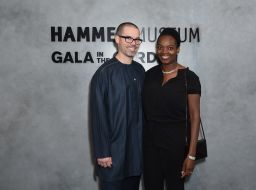
Njideka Akunyili Crosby is a Nigerian born visual artist working in the US.
Many of Crosby’s art have been auctioned for millions and often feature images of family and friends in every day domestic settings.
Crosby, 36, created a mural on the walls of the Los Angeles Museum of Contemporary Art in 2018.
It featured scenes of domestic life: in one part, a woman rests her elbow on a table, deep in thought.
Wanuri Kahiu
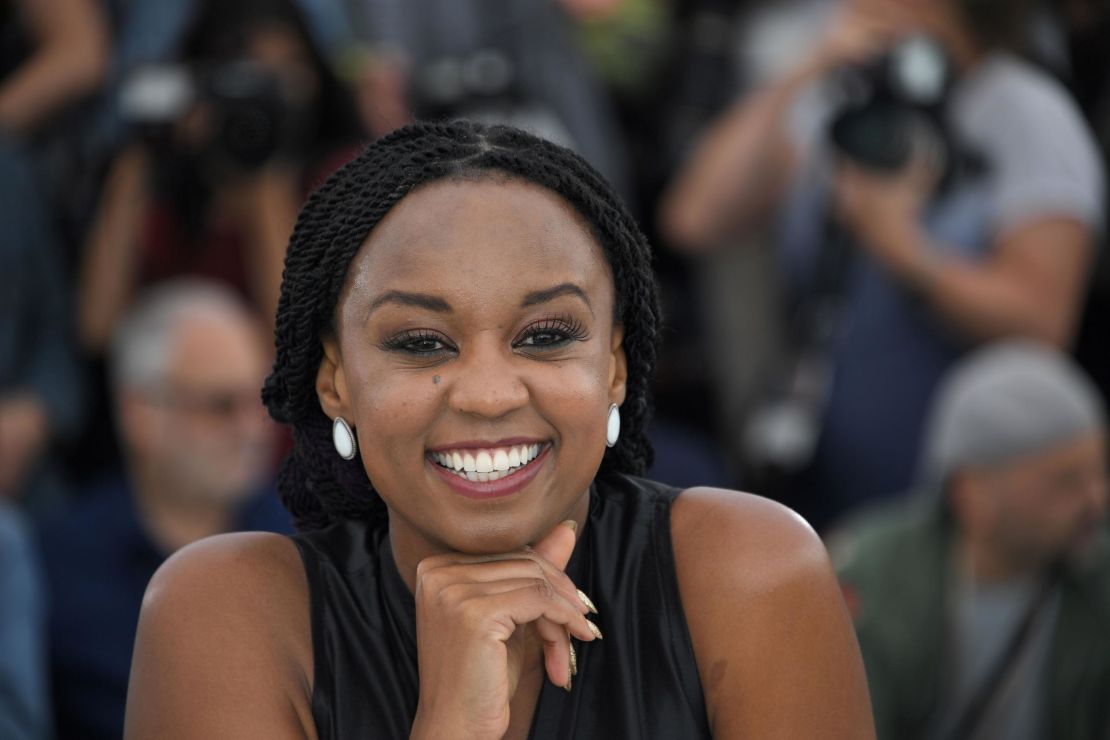
Wanuri Kahiu is an award-winning Kenyan filmmaker.
In 2010, she created Kenya’s first sci-fi movie, ‘Pumzi, which won the best short film at the Cannes Independent Film Festival.
A lot of Kahiu’s work deals with themes that are often considered controversial in Kenya, including feminism and LGBTQ rights.
In 2018, her movie, ‘Rafiki’, a hopeful story of two women in love was banned by Kenya’s Film and Classifications Board (KFCB) for its intent to “promote lesbianism.”
Last year, Kahiu, 39, sued the KFCB for violating her right to free speech, and remains a firm advocate for LGBTQ rights in the country.
Adut Akech
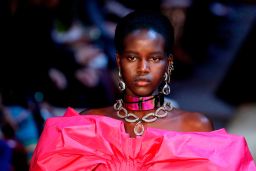
Adut Akech is a South Sudanese-Australian model.
She was a former child refugee who spent the first eight years of her life in Kenya’s Kakuma refugee camp before migrating to Australia.
Akech, 19, made her fashion week runway debut for Yves Saint Laurent in 2016, and has walked for many brands including Chanel, Valentino, and Givenchy.
Akech has served as a guest editor for CNN style, and is today one of the most in-demand models regularly working in fashion.
Kwame Onwuachi
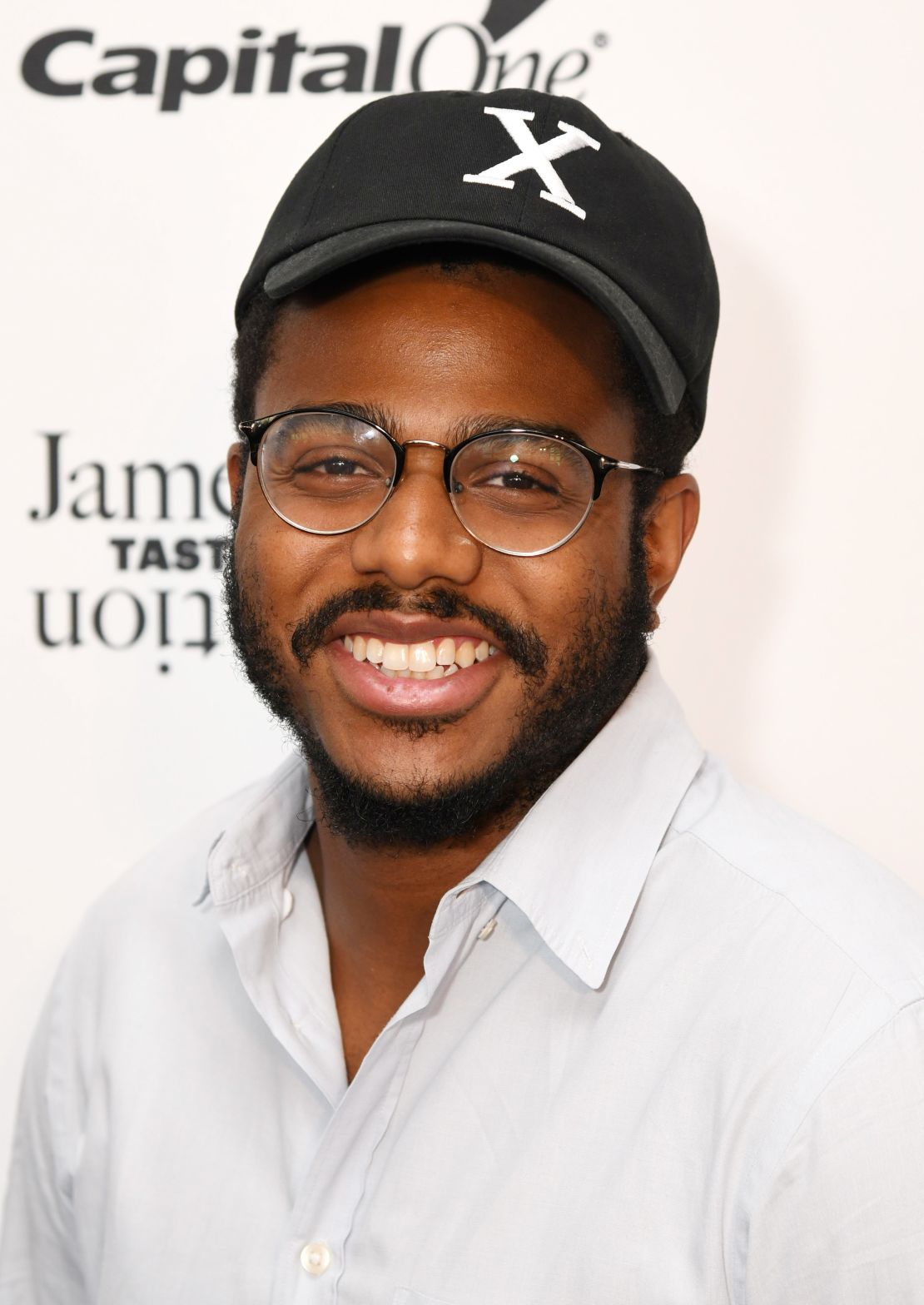
Kwame Onwuachi is a Nigerian-American chef based in the US.
In 2012, he enrolled at the Culinary Institute of America in New York and eventually worked as a cook at Eleven Madison Park.
O
nwuachi, 30, was a contestant on season 13 of Top Chef, and in 2019, he was named by the Food & Wine magazine as one its Best New Chefs.
Joy Buolamwini
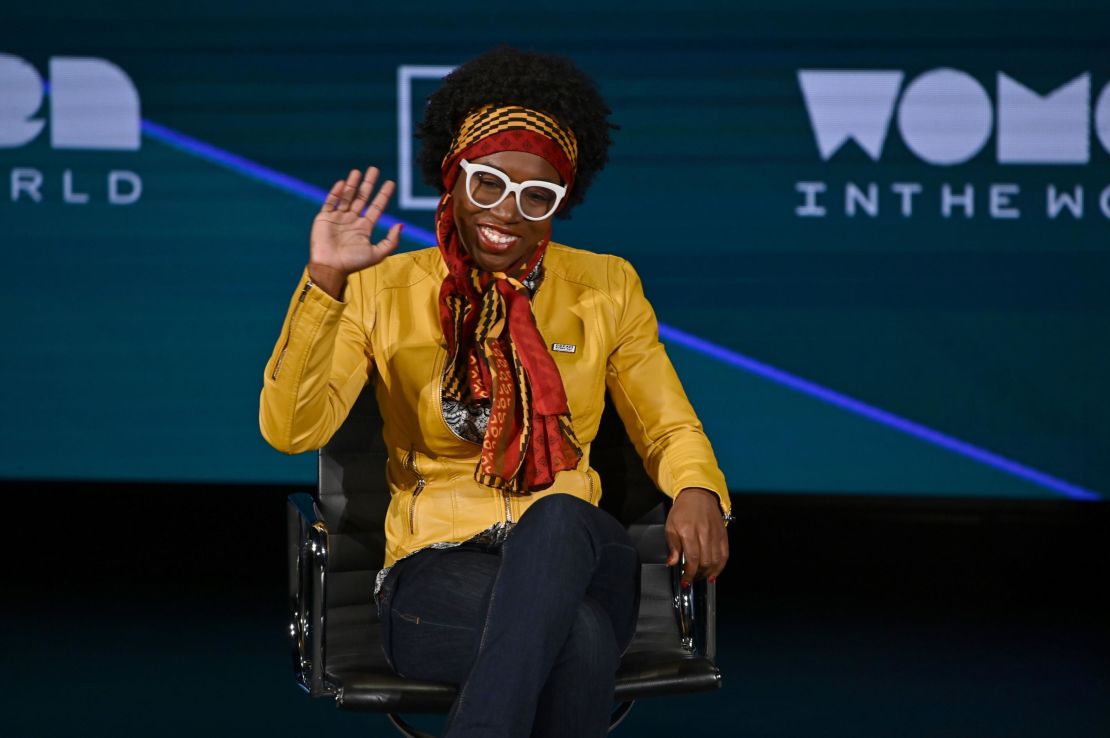
Joy Buolamwini is a Ghanaian-American computer scientist and activist based at the MIT Media Lab.
Buolamwini, 30, founded the Algorithmic Justice League, an organization that highlights the social implications of Artificial Intelligence (AI).
Buolamini’s MIT thesis methodology researched large racial and gender bias in Al services major technology companies. Her research has been covered in 40 countries.
She currently works with government executives in Europe on ways to reduce the harm of AI. “The more I engage with companies and policymakers, the more I am convinced responsible innovation cannot happen if we leave companies to sort themselves out. The age of ‘just trust us’ is over,” she told TIME.














